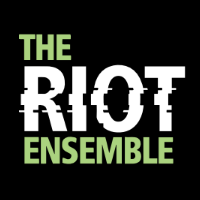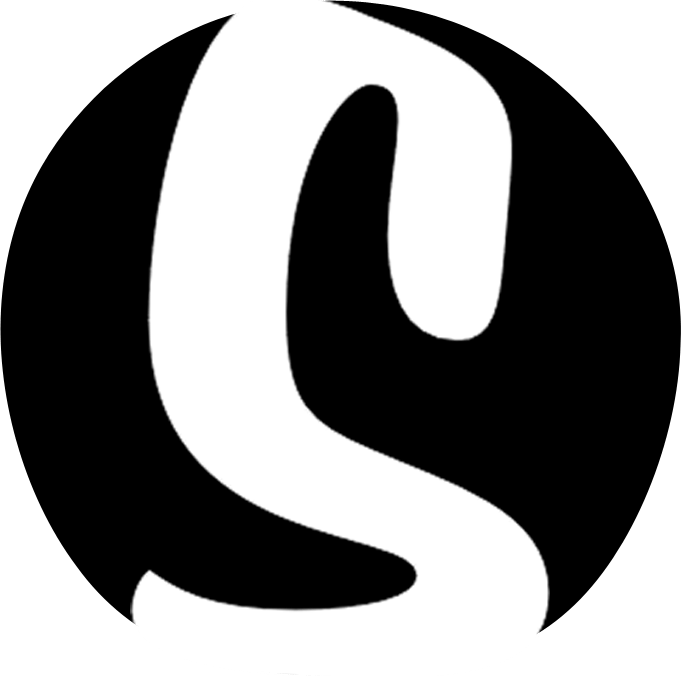A few moments with Joanna Lee
 Our first concert of 2014 is just around the corner, and it’s been my pleasure to interview a number of the composers whose ‘first pieces’ are being performed this Friday at Club Inégales. Our co-principal pianist Adam Swayne will be performing Joanna Lee’s first piece: a piano solo entitled “The Hungry Caterpillar”. Joanna was kind enough to give me a few minutes of her time, and I spent them asking her about her work and this piece in particular.
Our first concert of 2014 is just around the corner, and it’s been my pleasure to interview a number of the composers whose ‘first pieces’ are being performed this Friday at Club Inégales. Our co-principal pianist Adam Swayne will be performing Joanna Lee’s first piece: a piano solo entitled “The Hungry Caterpillar”. Joanna was kind enough to give me a few minutes of her time, and I spent them asking her about her work and this piece in particular.
AHN: The Hungry Caterpillar (the ‘first’ piece in your oeuvre) is for solo piano. Could you tell us a little bit about what you were doing when you wrote the work and how it came about?
JL: The piece was composed during the early years of my undergraduate degree, which was when I formally started composing so I was essentially finding my feet here, exploring possibilities. Piano is my first instrument so I was writing many piano pieces at this early stage. The work was a study in taking an 8-pitch tone row and seeing how this could be developed, a metamorphosis akin to a caterpillar/butterfly. My teacher at the time, Joe Cutler, instigated the piece and it is his good friend, pianist Mary Dullea, who it was written for and premiered by.
AHN: A great deal of your music has ended up being written for solo voice or multiple voices. Is that a recent development or have you always been interested in?
JL: I have been interested in the mechanics of the voice for as long as I can remember, even as a child listening to professional singers, in my own vocal training and as an accompanist. However, it was during my undergraduate years when I discovered the experimental vocal repertoire of the 1950/60s that I became immersed in that field, ultimately aiming towards working in opera. In recent years, I’ve been focusing on the instrumental writing that goes alongside the voice – the ideal is both together rather than one or the other.
AHN: Much of your writing – whether instrumental or vocal – includes a lot of ‘extended techniques’. Composers today are surrounded – both in every day life and more and more in the repertoire – by extra-musical sounds. Do they influence you and are they significant to your work?
JL: I see the extended vocal techniques I use as intrinsic to the voice rather than an extra-musical sound. Lyrical singing is a powerful vehicle but there is an array of other sounds available in the colour-palette of the voice. Some of these extended techniques may be associated with everyday sounds but they are heightened on the developed voice of a classically-trained singer. I do have a penchant for using found percussion instruments and techniques used by such composers as Lachenmann but ultimately, the aim is for these sounds to be inherent to the music and applied at a developed level to enhance the timbral or theatrical output of the piece.
AHN: Seeing the distance between your first solo piano work and the music you are writing today, do you recognise any elements of a ‘personal style’ in The Hungry Caterpillar?
JL: The whimsical and playful nature of this piece is still present in my work, as is the use of tone rows and interest in rhythmic facets, plus an unexplained fixation with minor 9ths/2nds!
AHN: I know Adam has been enjoying those! Looking ahead, tell us a bit about what you’ve got going on in 2014?
JL: I’ve been working on a commission for English National Opera since April 2013, which will keep me occupied through 2014. I am also engaged in a commission for dynamic mezzo-soprano Lucy Schaufer and ensemble, plus some instrumental works in the pipeline.
AHN: That all sounds very exciting. We’re excited to look back on ‘The Hungry Caterpillar’ with you this Friday, and will be equally excited to hear your upcoming work.

